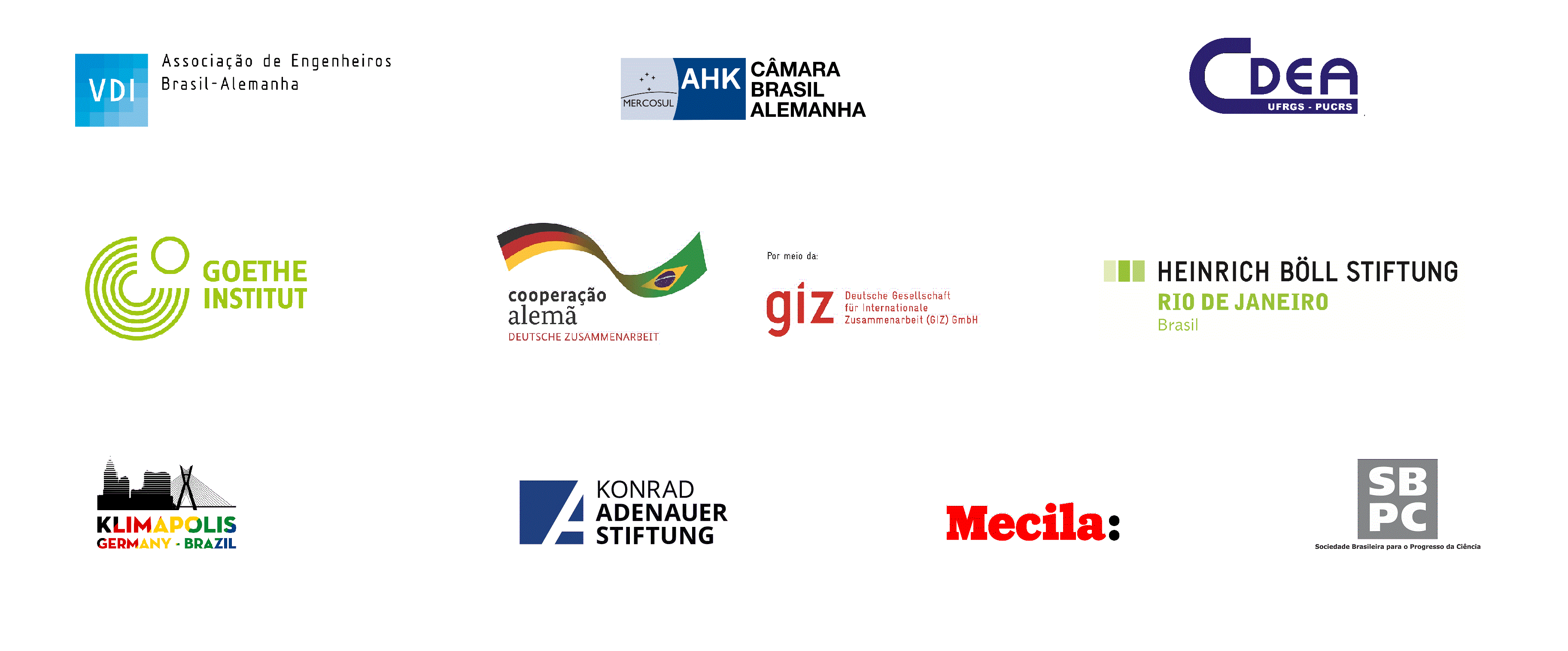German-Brazilian Dialogue: Cities and Climate – The Multi-Level Governance Challenge
Did you miss the event?
ACCESS THE RECORDED VIDEOS HERE
-
DAY 1: https://youtu.be/mKA5elf9zik (English)
– Opening Ceremony
– Keynote: What climate change will cities face?
– Panel 1: Between Cities and Climate: Understanding the Impacts and Driving Forces between Cities and Climate
-
DAY 2: https://youtu.be/jaivC7mOedo (English)
– Session 1: Policy Framework: Challenges on National, Regional, Local Scale
– Panel 2: Climate Urban Governance, Climate Change and Society
-
DAY 3: https://youtu.be/m9XYSnJXtvg (English)
– Session 2: Governing Urbanization and Climate Protection
– Panel 3: Smart Cities: Mobility, Innovation
-
DAY 4: https://youtu.be/q4brsHsNnEQ (English)
– Session 3: Water-Energy Nexus in Cities
– Session 4: Healthy and Well-being Cities
– Final Keynote Talk: A Research Agenda for Cities of the Future
Teaser

To play the video, click the thumbnail. Once activated data will be transmitted to the respective provider. Watch on YouTube
EVENT COVERAGE
Read here the articles about the panels and sessions of the event.
APPETIZERS
SPEAKERS AND MODERATORS
 Andreas Löschel, energy and economic resources professor at the University of Munster and Director of the Centre of Applied Economic Research Münster (CAWM).
Andreas Löschel, energy and economic resources professor at the University of Munster and Director of the Centre of Applied Economic Research Münster (CAWM).

Andreas Matzarakis, head of the Research Centre Human Biometeorology and the German Meteorological Service and President of the German Society for the Advancement of Medical-Meteorological Research.
 Anita Engels, professor of sociology, globalization, environment, and society at the University of Hamburg.
Anita Engels, professor of sociology, globalization, environment, and society at the University of Hamburg.
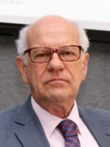
Arlindo Philippi Jr., full professor in the School of Public Health of the University of São Paulo (USP), with post-doctoral studies at the Massachusetts Institute of Technology (MIT) in the U.S.
 Cathrin Zengerling, head of the Transformation to Sustainable Energy Systems research group at Albert-Ludwigs-Universität Freiburg.
Cathrin Zengerling, head of the Transformation to Sustainable Energy Systems research group at Albert-Ludwigs-Universität Freiburg.
 Daphne Keilmann-Gondhalekar, President of Urban Water Systems Engineering, Department of Civil, Geo and Environmental Engineering at the Technical University of Munich.
Daphne Keilmann-Gondhalekar, President of Urban Water Systems Engineering, Department of Civil, Geo and Environmental Engineering at the Technical University of Munich.
 Fabiana Barbi, postdoc researcher at Center for Environmental Studies and Research (NEPAM) from the State University of Campinas (UNICAMP).
Fabiana Barbi, postdoc researcher at Center for Environmental Studies and Research (NEPAM) from the State University of Campinas (UNICAMP).
 Gabriela Di Giulio, associate professor of the Department of Environmental Health of the USP School of Public Health of USP and full professor in the area of health, environment, and society at USP.
Gabriela Di Giulio, associate professor of the Department of Environmental Health of the USP School of Public Health of USP and full professor in the area of health, environment, and society at USP.
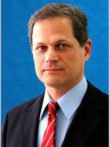 Gilberto de Martino Jannuzzi, adjunct professor of energy systems of the Energy Department of the School of Mechanical Engineering of the State University of Campinas (UNICAMP)and technical director of the Brazil Energy Programme – BEP).
Gilberto de Martino Jannuzzi, adjunct professor of energy systems of the Energy Department of the School of Mechanical Engineering of the State University of Campinas (UNICAMP)and technical director of the Brazil Energy Programme – BEP).

José Antonio Perrella Balestieri, full professor of the Chemical and Energy Department of UNESP, and coordinator of the international collaboration project between UNESP and the Universities of Birmingham, Northampton, and Leicester for the subjects of food, energy, and water.
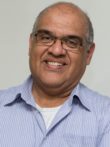
Jose Marengo, climatologist, meteorologist, and lead coordinator of research and development of the National Centre for Monitoring and Warning of Natural Disasters (CEMADEN).

Leila da Costa Ferreira, full professor of Sociology in the Institute of Philosophy and Human Sciences of the State University of Campinas (UNICAMP) and Director of the Environmental Studies and Research Group of UNICAMP.
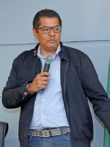
Luiz Carlos Pereira da Silva, associate professor at the State University of Campinas (UNICAMP) and doctorate in electrical engineering from UNICAMP.

Ligia Vizeu Barrozo, coordinator of the Urban Space and Health group of the USP Institute of Advanced Studies and visiting researcher of the Sociedade Beneficente Israelita Brasileira Albert Einstein Hospital.

Marc Wolfram, Director of the Leibniz Institute of Ecological, Urban and Regional Development and full professor of spatial development and transformation at Dresden University of Technology.
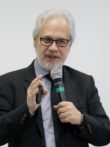
Marcos Buckeridge, Director of the USP Institute of Biosciences and Coordinator of the USP Global Cities programme in the Institute of Energy and the Environment (IEA-USP).
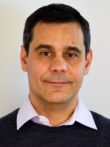
Nico Caltabiano, project manager of the Max Planck Institute for Meteorology in Hamburg and coordinator of the Klimapolis Laboratory.

Patrícia Fernanda do Pinho, IEA-USP researcher and scientific coordinator of the regional office of the International Geosphere-Biosphere Programme and of the Gordon & Moore Foundation for participative science in the Amazon.

Pedro Henrique Campello Torres, post-doctoral candidate in the USP Institute of Energy and Environment (IEE) and collaborator with INCLINE/USP.

Roberto Guimarães, President of the Board of Directors of the Initiative for Equality in Rapid City, South Dakota, U.S.
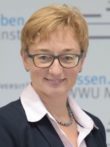
Sabine Schlacke, Executive Director of the Institute for Environmental and Planning Law and of the Central Institute for Spatial Planning of the University of Münster.
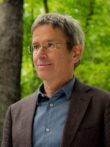
Stefan Rahmstorf, professor of physical oceanography of Potsdam University and head of Earth System Analysis, PIK.

Thalita Dalbelo, coordinator of the integrated master plan of the State University of Campinas (UNICAMP).

Thelma Krug, international cooperation advisor of the National Institute of Space Research of Brazil (INPE) and Vice President of the Intergovernmental Panel on Climate Change (IPCC).
ORGANIZERS

PARTNERS

SUPPORTERS
